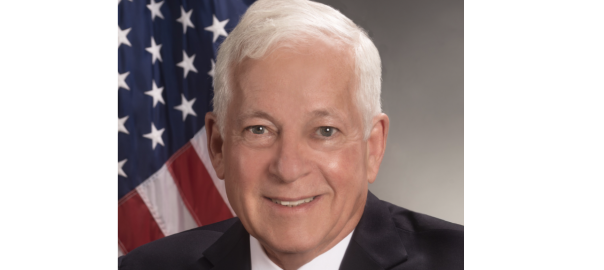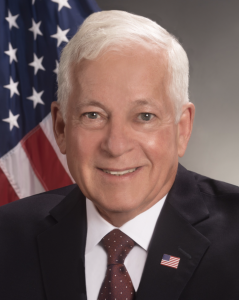
Tackling our Affordability Crisis Starts with Education
Across New York State, and perhaps nowhere more so than here on Long Island, the first, second and third top concern that those of us in the state legislature hear about is affordability. It’s not just the little luxuries that are out of reach; everyday necessities are becoming harder to afford, whether it’s groceries, the utility bill, or health care.
For more than a century, New York’s public schools and universities have been the bridge to the middle class and beyond. The value proposition that public education represents is one of the best our state has to offer.
Of course, it’s incumbent upon us as policymakers and engaged members of our communities to ensure that we maximize the value of this offering for each student. To do that, we must recognize each student’s unique needs and provide support that goes beyond the classroom. After all, what goes on outside the classroom has a direct impact on how our students learn.
Students benefit when they have access to tutoring, career counseling, and help with essentials like books and transportation to and from class. Getting them the level of support they need is the challenge.
That’s why we are working with the State University of New York system to establish programs tailored to the exact levels of need students have in these areas. This fall, as part of its expansion, SUNY Old Westbury (in my district) is launching the Advancing Completion through Engagement (ACE) program. It joins 33 other campuses statewide in offering more than 7,000 students access to both ACE and its community college counterpart Advancing Success through Associate Pathways (ASAP). The goal of both programs is to drill into the hyper-individualized needs of each student participant and link them with resources that help them get on track with their studies and stay on track through graduation.
Modeled on the success of programs first launched by the City University of New York, students are seeing monumental benefits statewide. Student completion rates are 85% for ACE participants, compared to 83% among non-ACE students, while retention rates are over 90%. For every state dollar we invest in these programs, there is a $3 to $4 return on investment for taxpayers as students earn their degrees, get jobs here in New York and invest their hard-earned wages back in their communities.
Similarly, the Empire State Service Corps allows students to earn financial support while they engage in community service activities, including addressing food insecurity, early childhood education, and peer mental health issues. The opportunity for experiential learning is also more important than ever, as it affords students from all walks of life to experience areas of study they may not have considered as a career option.
Taken together, the launch of these programs by SUNY is helping tackle our affordability crisis in multiple ways.
First and foremost, when students stay on track to graduate, they are putting themselves and their families in the best position to climb the economic ladder. College graduates have a better chance of securing a higher paying job and earning more over their lifetimes than those without a degree. They contribute more in taxes and are more likely to have health insurance and retirement savings.
More than that, helping put them in a position not just to contribute to their own personal and their families’ well-being, but to the well-being of others in the community is like a rising tide lifting all boats.
A post-secondary education is linked to higher rates of volunteerism and charitable donations. According to one survey, there is high interest among Gen Z in community engagement, with 61% reporting that they volunteer for a cause that’s meaningful to them at least once a year. Empowering students to make an impact during the course of their studies is a no brainer for addressing broader affordability issues across communities.
I am proud of the investments we have made in SUNY, and I am excited to see them translate into programs like these that will benefit our future workforce and leaders. To me, expanding them is a guaranteed investment because the multiplier effects are so significant.
Ultimately, sustaining this work is a long-term investment in making New York more affordable.
I will continue to fight for public education, without which my brothers and I would have received no education whatsoever. My parents were never in a position to pay for private education. This is personal for me, and it should be personal for everyone who benefitted from public education and for everyone else who believes that public education is absolutely necessary to grow America’s middle class.
Charles Lavine represents the 13th Assembly District.

